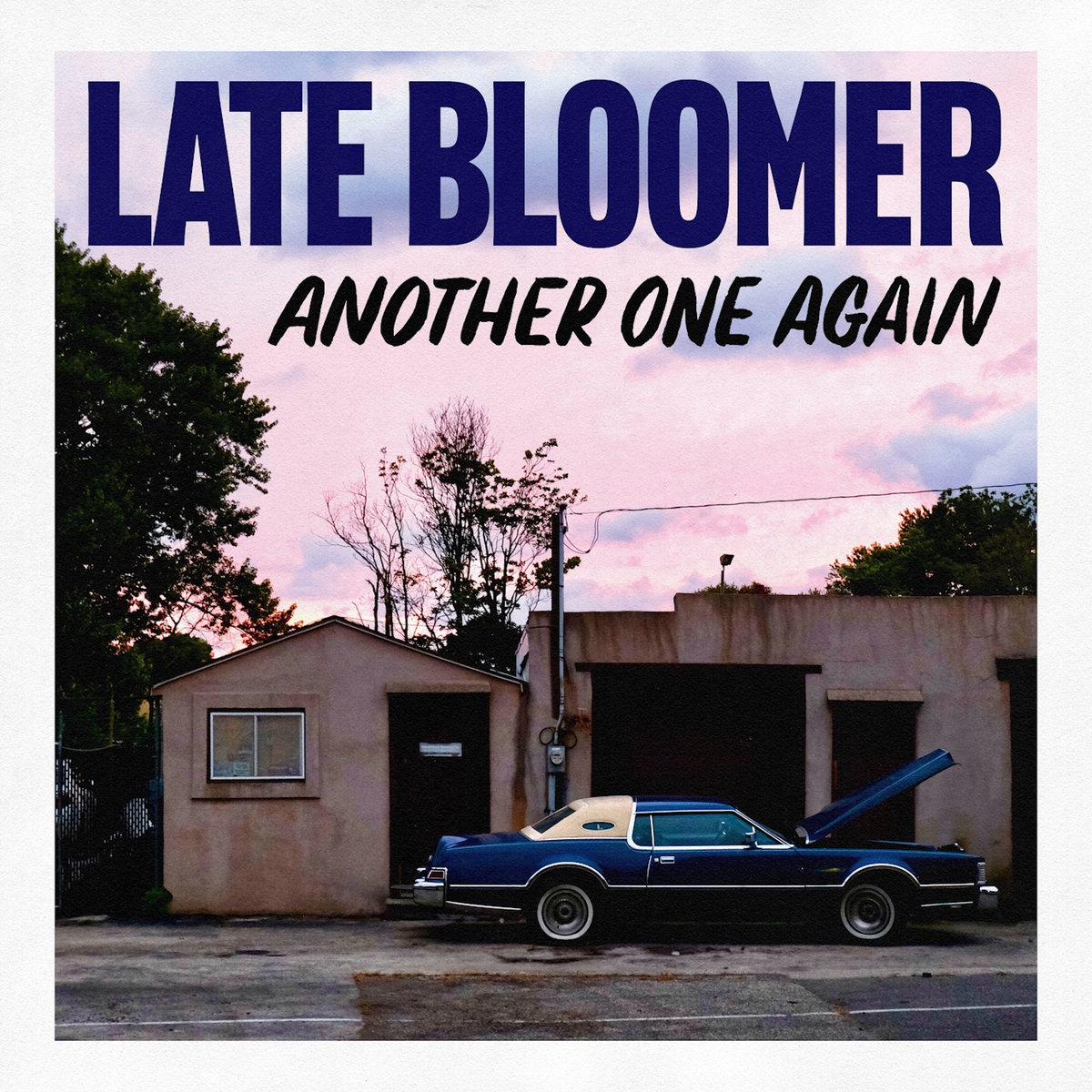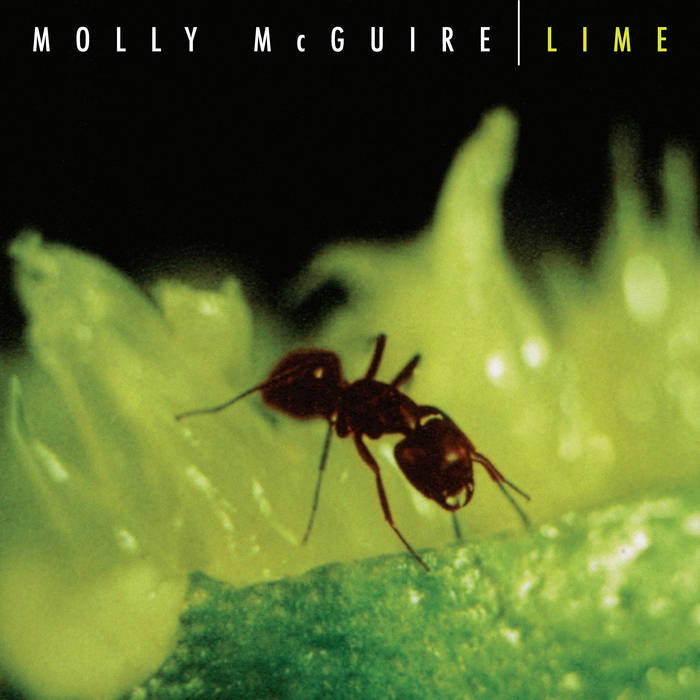Late Bloomer – Another One Again | Album Review
/Self Aware Records
Late Bloomer seem to think their name is a designation; I’d argue it’s a misnomer. The Charlotte “Wait, they’re a three-piece?” three-piece arrived in near-full-bloom on their sophomore album, Things Change, which served as a buffet of fist-pumping bar rock heroics and shout-along emotional anthems. Filled with texture and rambling structures, the album speaks to a band that has a very complete sense of self, with shades of Dinosaur Jr. coloring in the open-chord choruses of The Replacements and the driving rustbelt-rock verses of Guided By Voices.
Late Bloomer name-checks those latter two bands, along with therapy, as primary touchstones on their new swing-for-the-rafters album, Another One Again, out March 1st via Self Aware Records. While those influences check out, they don’t fully capture the sound of the record, specifically the pop-punk flavors found in the back half of the LP. This is an album that seems to be caught between two states, but the deeper you dig, the more that seems to be a feature, not a bug.
Opener “Self Control” seems like an explanation for the 6-year gap since their last proper record, Waiting. “It’s getting hard to keep it together.” Neil Mauney confides over gentle, Eels-esque guitar before telling you the root issue: “I don’t have the self-control.” It’s immediately endearing, like hearing a heartfelt reunion happening the next table over from you. This first minute pulls you in with its honesty. Before you know it, you’re forgiving someone for something they haven’t even done to you yet; a grace note for a stranger. Then, we’re thrust forward into a triumphant riff straight out of the 90s Merge scene. It’s a statement: this is music to get your shit together to.
You feel that self-determined drive all over the ten tracks on Another One Again. Late Bloomer is here to show their growth, especially in their production. Mauney’s guitar tone has been supersized, with his Nashville-sized doubled riffs soaring over Scott Wishart’s cathedral-filling hi-hats. Josh Robbin’s bass creates an enveloping platform for the band’s genre-bending mixture of giant hooks and scrappy, palm-muted syncopations. The whole thing rings clearly, inviting you to sink into the songs like a reupholstered easy chair.
Those sonic upgrades complement the more indie-rock cuts, specifically “Mother Mary,” with its cavernous drums, 90s emo bassline, and earnest country-adjacent vocals. Here, the room to breathe afforded by the pristine production is used to pull the listener into a quasi-religious environment. Late Bloomer is at their best when painting personal histories with the vibrant reverence of stained glass, creating songs that function as both ends of the confession booth. Penned by Robbins, lines like “Tell me all your secrets. Show me where it hurts” feel like a doubting Thomas realizing that he’s been asking the wrong questions the whole time. The space between each note lets the emotion bloom, shattering the wall between us and them.
Elsewhere, in pop-punk adjacent tracks like “Video Days” and “What Do You Say,” the pristine production feels conversely restraining. You find yourself wanting a bit more grit, a bit less room. With such propulsive rhythms, you should feel the tightness of it all. This ends up leaving these songs stranded a bit in the sonic context of the album. Thematically, however, they have a lot on their mind.
“Video Days,” one of the pop-punkier tracks on the record, seems to be written as an example of the type of “songs we used to sing” invoked in the opening, the same ones that Mauney would listen to while “bombing hills.” In a song about an old bond that may never be reconciled, those teenage textures and melodramatic vocals bring the lyrics to life. It has the effect of a 3D memory, one that you can step inside and explore, examining it from new angles. Personally, I prefer the band in Westerberg mode rather than Wonder Years, but these genre digressions come across as endearingly genuine rather than calculated nostalgia bait. Like the fellas in Late Bloomer, I’ve been to therapy and know that unabashed sentimentality is a strength.
The two sides of the band come together brilliantly in album closer “Bright Kid,” where a tight-fisted chugged verse splits wide to near-psychedelic openness. Here, the expanse threatens to dissolve the weight of the song, but a sinewy guitar pulls you through the liminal space and towards a mighty refrain: “You’re a bright kid, just listen.” It’s the type of message you wish you could tell your younger self – but you can at least pass it on.
In its best moments, Another One Again doles out self-reflective anthems, turning personal revelations into cathartic shout-alongs. The sound of the record is highly considered and engineered to feel as big as possible. It’s a step forward from a band who want to seem like they’re two steps behind.
Josh Sullivan is a writer, filmmaker, and musician based out of Wilmington, NC. Find him on Twitter (not X) at @brotherheavenz and Instagram at @human_giant.





